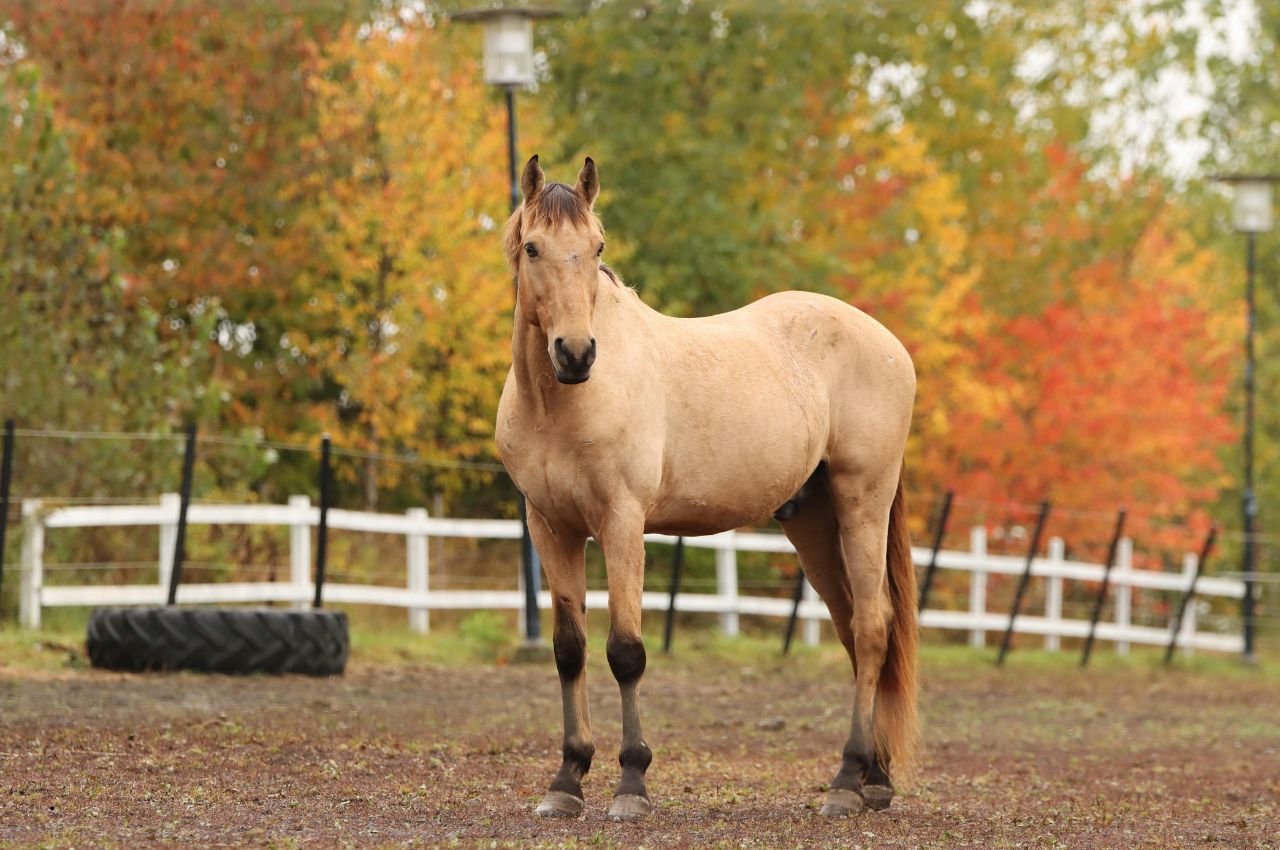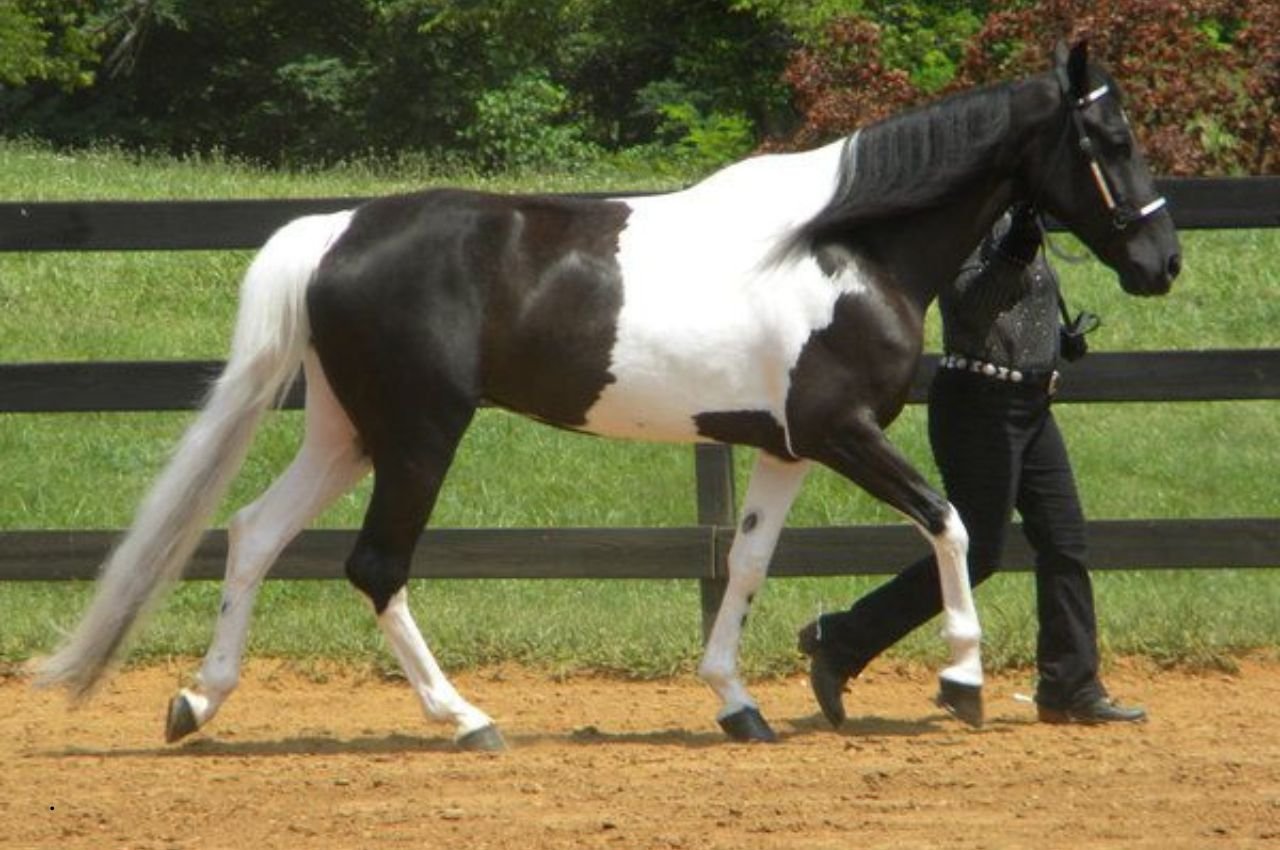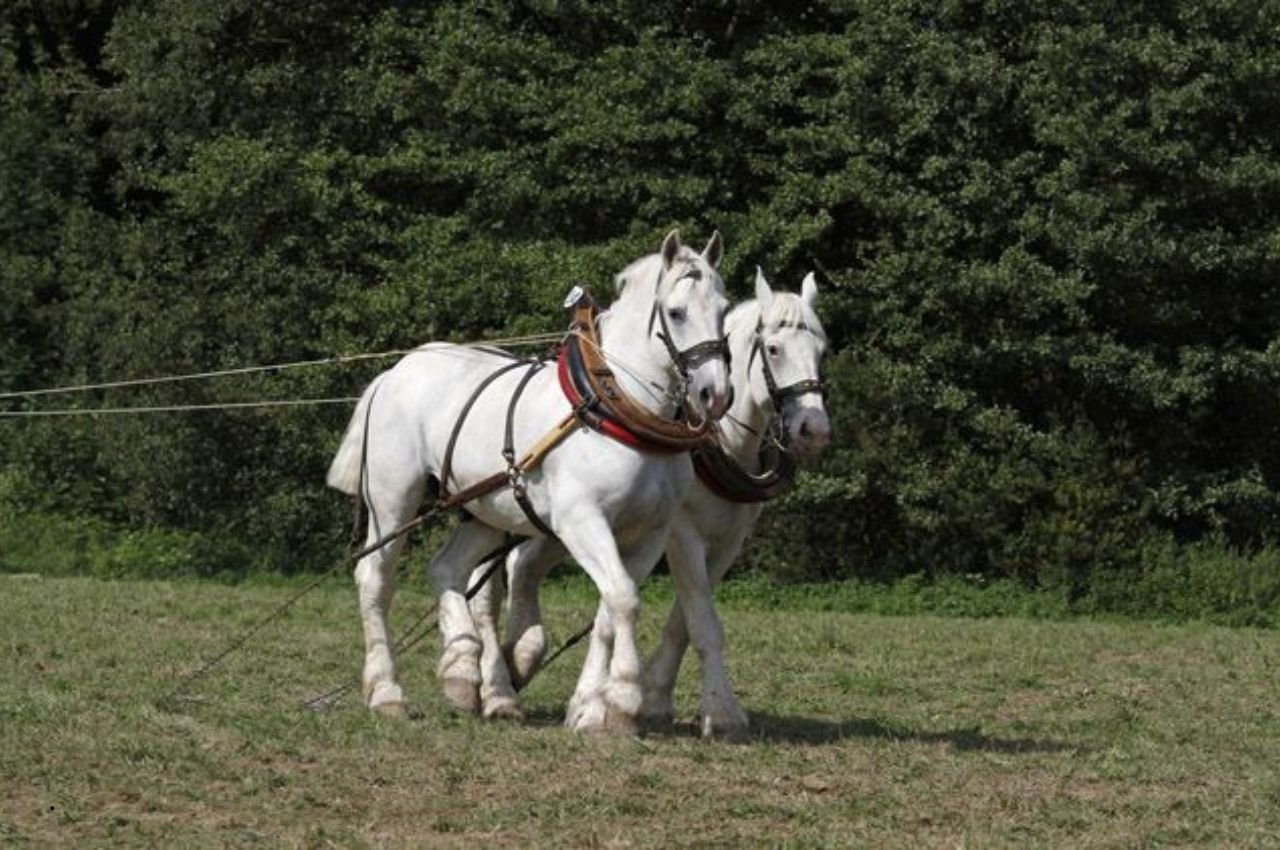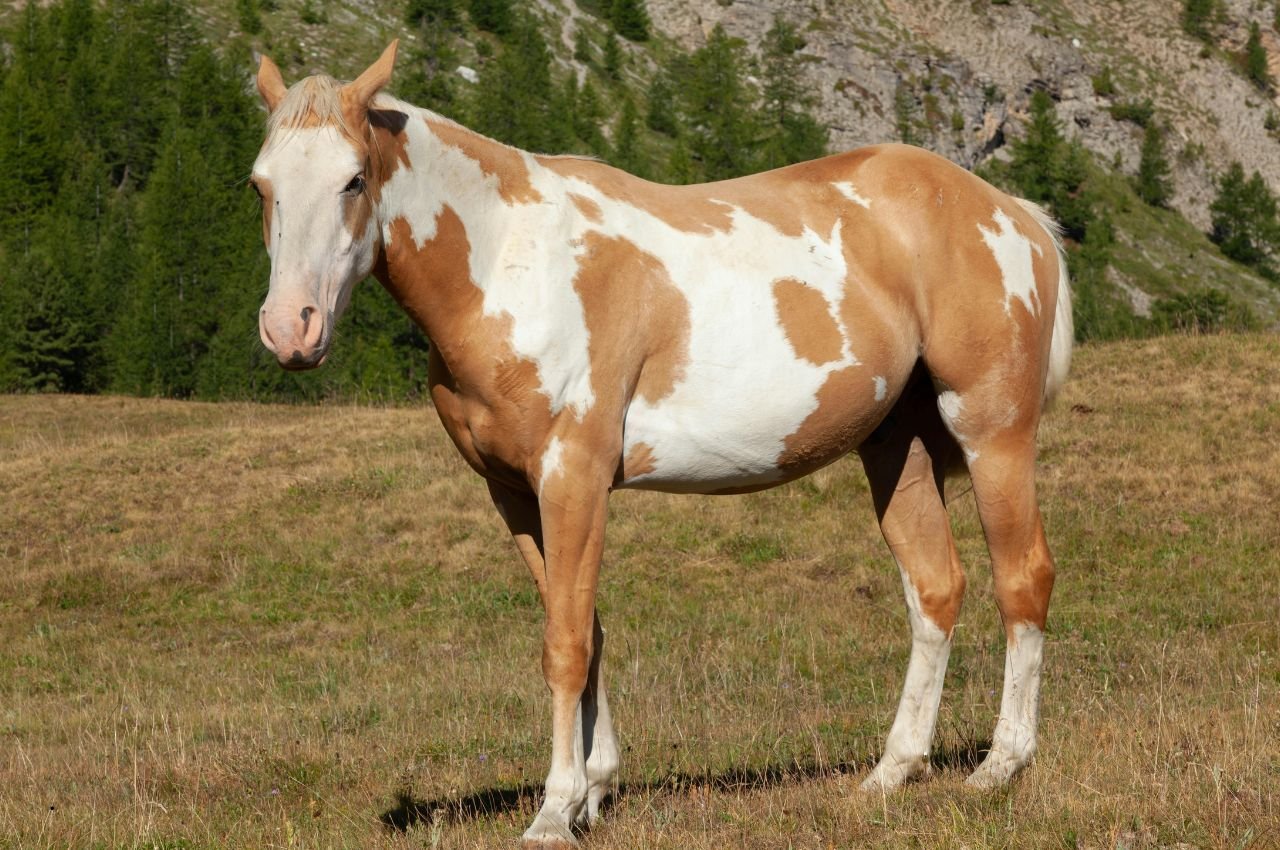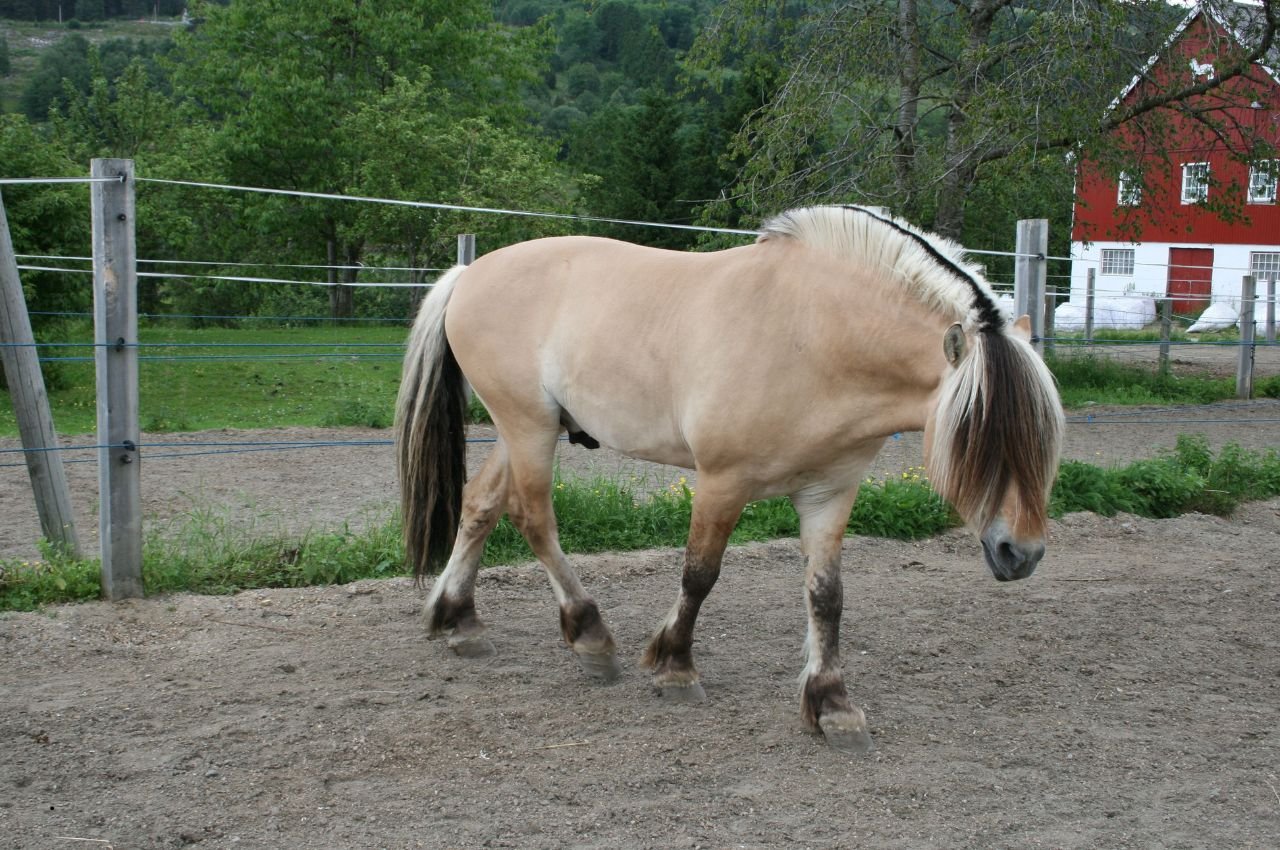Unlocking the Secret to Optimal Nutrition for Arabian Horses
Arabian horses are renowned for their beauty, endurance, and agility. Their heritage, which spans centuries, has made them one of the most cherished horse breeds worldwide. However, ensuring they perform at their best requires more than just exercise and grooming. Tailored nutrition is a key factor in maintaining the health, stamina, and overall well-being of your Arabian horse.
In this post, we’ll delve into tailored nutrition for Arabian horses, providing actionable tips to ensure they receive the right balance of nutrients. Whether you’re a seasoned horse owner or new to the breed, these expert recommendations will help optimize your horse’s diet, ensuring they thrive in both training and competition.
Table of Contents
Understand the Unique Nutritional Needs of Arabian Horses
The Physical Traits of Arabian Horses
Arabian horses are distinct in their physique, typically characterized by a compact, muscular body and a high metabolism. These traits influence their nutritional requirements. Unlike larger breeds, Arabian horses tend to require smaller, more frequent meals. Their high metabolism means they burn calories quickly, which necessitates a carefully managed diet.
Key Nutrients for Arabian Horses
Arabian horses, like all equines, require a balance of macronutrients (proteins, fats, and carbohydrates) and micronutrients (vitamins and minerals). Their unique genetic makeup, which gives them incredible stamina, can be supported with the right nutritional intake:
- Proteins: Essential for muscle repair and growth, proteins like those from alfalfa hay or soybeans are crucial.
- Carbohydrates: Critical for energy, especially when the horse is involved in intense physical activity.
- Fats: Provide concentrated energy and support overall cell function.
- Vitamins & Minerals: Vitamins like A, D, E, and essential minerals such as calcium, phosphorus, and magnesium are important for overall health.
Focus on High-Quality Forage
The Foundation of Your Arabian Horse’s Diet
The cornerstone of any horse’s diet should be high-quality forage, and Arabian horses are no exception. Forage is essential for their digestive health and energy levels. The best types of forage for Arabian horses include:
- Timothy hay: Rich in fiber and low in sugar, this is often the go-to choice.
- Alfalfa hay: Higher in protein and calories, perfect for active or younger horses.
- Meadow hay: Offers a variety of grasses and is excellent for stimulating natural chewing behavior.
Ensure that the hay you provide is free from mold, dust, or contaminants, as these can cause digestive issues or respiratory problems.
Add High-Energy Feed for Performance

Tailoring Feed for Endurance and Stamina
Arabian horses are known for their endurance, but to perform at their peak, they need high-energy feeds that provide a steady supply of fuel for long-distance events or intense training sessions. Specialized feeds such as performance or endurance pellets can offer the necessary calories, proteins, and fats.
Look for Feeds with:
- Low-starch content: High starch levels can upset the digestive system of Arabians.
- High-fat content: Fats are an excellent, slow-burning energy source.
- Fiber-rich ingredients: Fiber helps maintain gut health.
If your horse is in intense training or competition, it may benefit from added fat sources like vegetable oil or rice bran, which help provide concentrated energy without overloading the stomach.
Don’t Forget the Importance of Electrolytes
Replenishing Lost Electrolytes for Hydration
Arabian horses, particularly those involved in endurance riding or long-distance events, can lose a significant amount of electrolytes through sweat. Replenishing these essential minerals helps maintain hydration, supports muscle function, and reduces the risk of fatigue or cramping.
Add electrolyte supplements to their feed or offer them in their water. Look for products that contain:
- Sodium
- Potassium
- Magnesium
- Calcium
These nutrients help regulate fluid balance, support nerve transmission, and ensure that muscles can contract and relax properly.
Be Mindful of Weight Management
Managing Weight Through Proper Diet
Arabian horses are prone to obesity if they’re not managed properly. Despite their high metabolism, too many calorie-dense foods, especially those with high sugars or simple carbohydrates, can lead to weight gain.
Monitor your horse’s body condition regularly. You can use the Henneke Body Condition Scoring system to assess whether your horse is underweight, overweight, or in ideal shape. If your horse tends to gain weight easily, reduce caloric intake or increase exercise levels. Stick to forage and avoid overfeeding grains or sweet feeds.
Supplements for Healthy Hooves, Coat, and Joints
Enhancing Overall Health with Strategic Supplements
Arabian horses, due to their stamina and agility, often need specific supplements to support their joints, hooves, and coat condition. Consider adding these supplements to their diet:
- Biotin: Essential for hoof health.
- Omega-3 fatty acids: Help promote a shiny coat and support cardiovascular health.
- Glucosamine and chondroitin: These support joint health and prevent wear and tear from long rides or strenuous activities.
Consult with a veterinarian to tailor the supplementation to your horse’s specific needs based on activity level, age, and health.
Hydration: The Unsung Hero of Horse Nutrition
The Crucial Role of Water
Proper hydration is often overlooked but is vital to your horse’s overall health. Horses can drink up to 10-12 gallons of water a day, especially when they’re in training or performing physically demanding activities. Make sure fresh, clean water is always available.
During hot weather or after long training sessions, consider adding electrolyte-rich water to encourage fluid intake. This can help prevent dehydration, improve performance, and speed up recovery.
Consult with an Equine Nutritionist
The Benefits of Professional Guidance
While the above tips are essential for the general nutrition of Arabian horses, every horse is different. Some may have specific dietary needs due to age, health conditions, or training schedules. For a truly tailored nutrition plan, it’s always beneficial to consult with an equine nutritionist.
An equine nutritionist can:
- Assess your horse’s individual needs.
- Recommend specific feed types and supplements.
- Design a diet plan that complements your horse’s workload and training schedule.
Give Your Arabian Horse the Best Start
Providing tailored nutrition for your Arabian horse is more than just a matter of feeding them well. It’s about supporting their unique physiological needs, enhancing their performance, and ensuring their long-term health. By understanding the key components of an Arabian horse’s diet and incorporating the tips mentioned above, you’ll be setting them up for success in both training and competition.
Ready to optimize your horse’s diet? Start by assessing their current nutritional plan and make adjustments based on their activity levels, age, and health condition. Always remember, the best results come from consistent care and professional advice.
FAQs About Tailored Nutrition for Arabian Horses
What is the best forage for Arabian horses?
The best forage for Arabian horses includes high-quality hay such as Timothy hay, Alfalfa hay, and Meadow hay. These types are rich in fiber, promote good digestion, and offer the right balance of nutrients for your horse. It’s important to ensure the hay is free of mold and contaminants.
How much feed should an Arabian horse get per day?
The amount of feed depends on your horse’s age, size, activity level, and overall health. On average, an Arabian horse should consume around 1.5-2% of its body weight in forage daily. If your horse is in heavy training, you may need to supplement this with additional grains or performance feeds.
Can Arabian horses eat grain or sweet feeds?
Yes, Arabian horses can eat grain, but it should be given in moderation. Focus on low-starch, high-fiber grains to avoid digestive issues. Sweet feeds high in sugar should be limited, as they can cause weight gain or other health problems.
Do Arabian horses need supplements?
Supplements can be beneficial, especially for joint health, coat quality, and hoof strength. Biotin for hooves, Omega-3 fatty acids for a shiny coat, and glucosamine for joint support are commonly recommended. Always consult with a veterinarian or equine nutritionist before adding supplements to your horse’s diet.
How can I prevent my Arabian horse from becoming overweight?
Arabian horses can be prone to weight gain, especially if they’re not in regular training or their diet isn’t monitored carefully. To prevent obesity:
Limit grain intake and feed high-quality hay.
Monitor their body condition regularly using a body condition score.
Adjust their feed based on their activity level and provide regular exercise.
What are the signs of dehydration in Arabian horses?
Signs of dehydration in horses include sunken eyes, dry gums, loss of skin elasticity, and reduced urine output. Make sure your Arabian horse always has access to fresh water, especially during hot weather or after intense exercise. Adding electrolytes to their water can also help with hydration.
How do I know if I’m feeding my Arabian horse correctly?
The best way to determine if your Arabian horse is getting the right nutrition is to:
Monitor their weight: If your horse is losing or gaining weight unexpectedly, it could be a sign of an unbalanced diet.
Observe their coat and hooves: A healthy coat and strong hooves are signs that they’re getting the right nutrients.
Consult a veterinarian or equine nutritionist: They can help create a customized diet plan for your horse’s specific needs.
How often should I feed my Arabian horse?
Arabian horses, like all horses, should be fed at least two to three times per day to maintain stable blood sugar levels. Horses are natural grazers, so offering smaller, more frequent meals is better than one large feeding. For a horse in intense training, feeding multiple times a day can help fuel their energy levels throughout the day.
Can I feed my Arabian horse too much hay?
While hay is a crucial part of their diet, it’s important not to overfeed it, especially high-calorie hays like Alfalfa, which can lead to weight gain in less active horses. Always adjust the amount of hay based on your horse’s activity level and monitor their body condition.
What are the best types of performance feed for Arabian horses?
When selecting a performance feed for your Arabian horse, opt for feeds with low starch and high fat content. Look for feeds that include:
Rice bran
Vegetable oil
High-quality protein sources
These ingredients provide sustained energy for endurance and performance without overloading the horse’s system.


